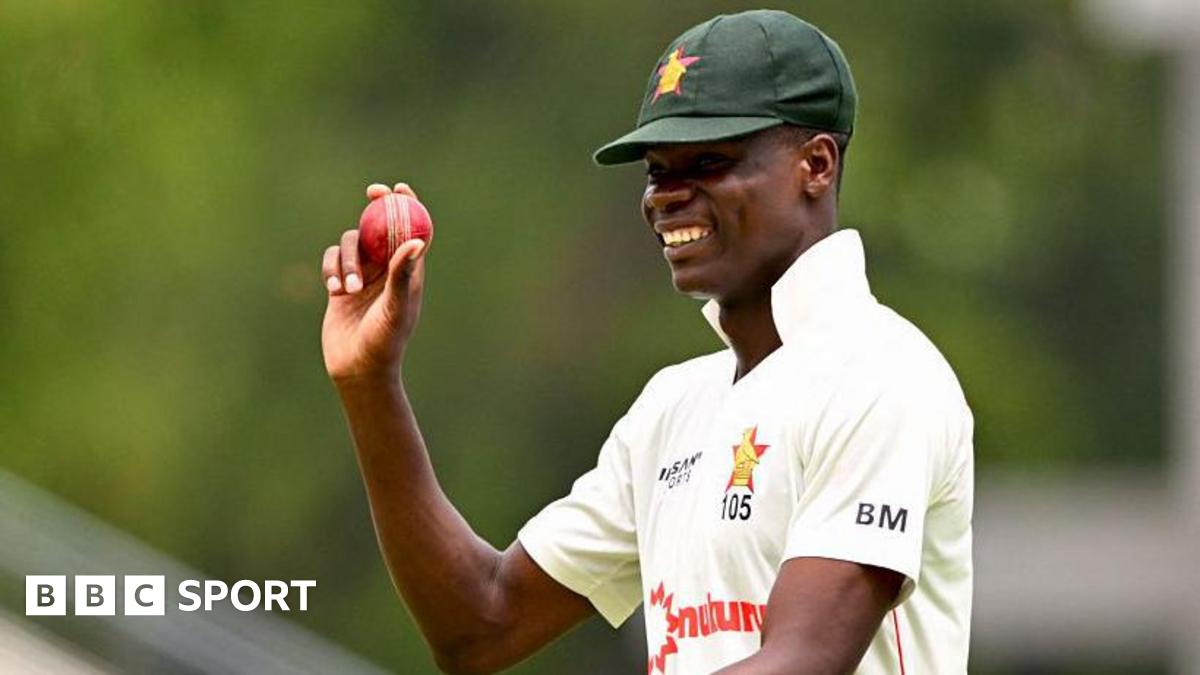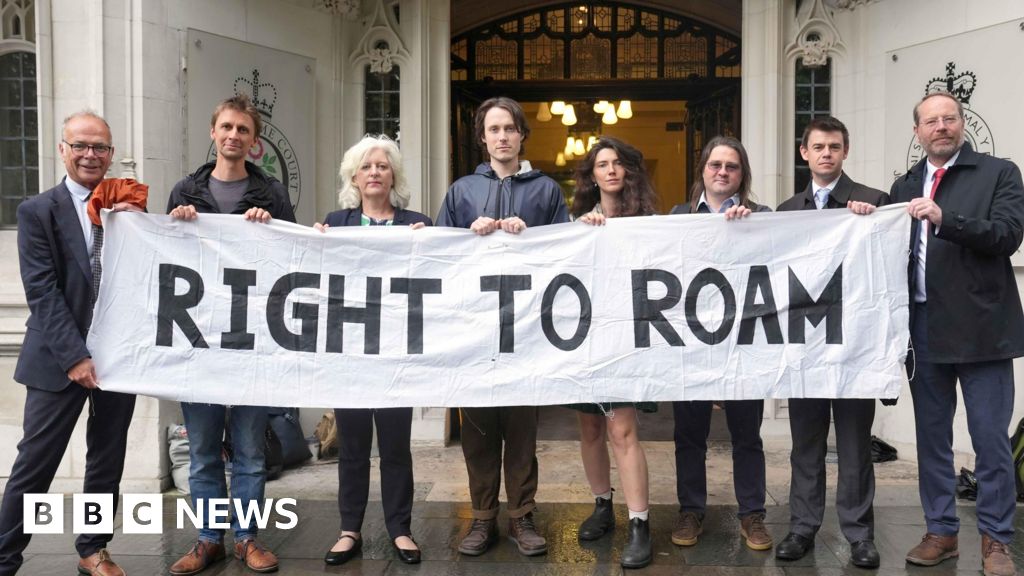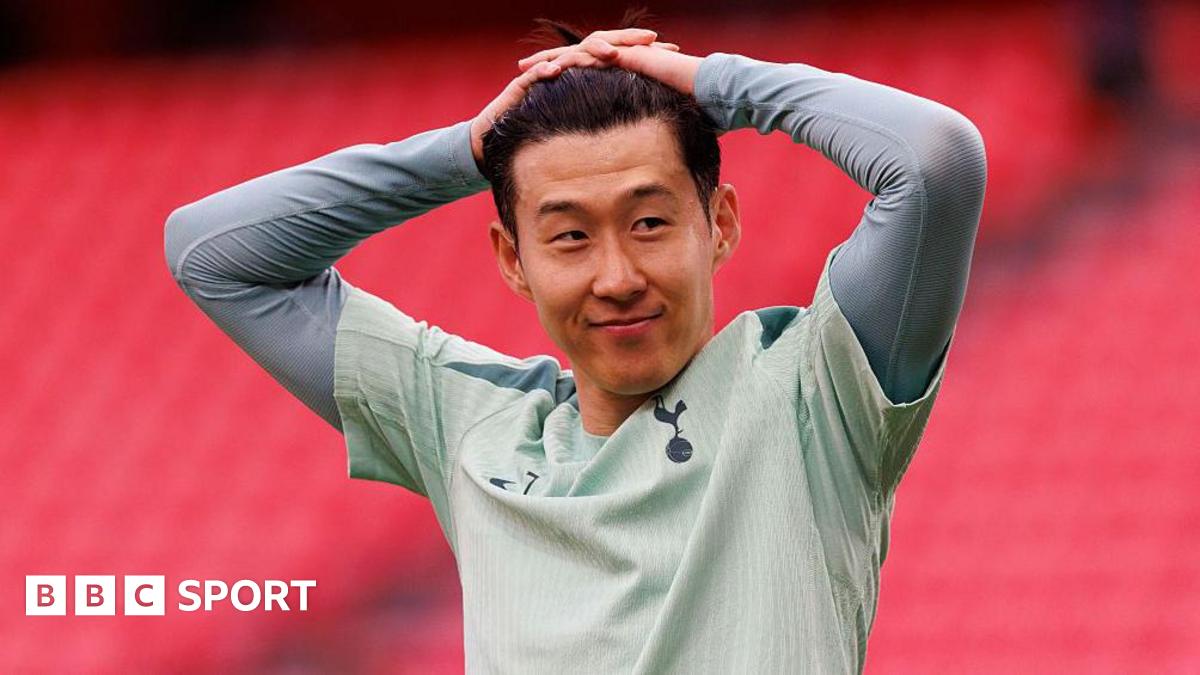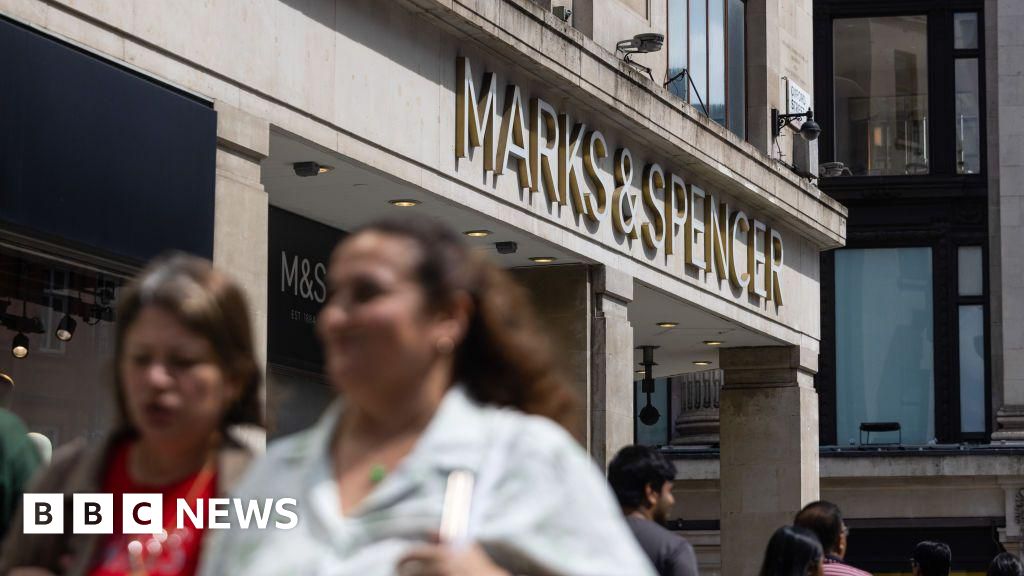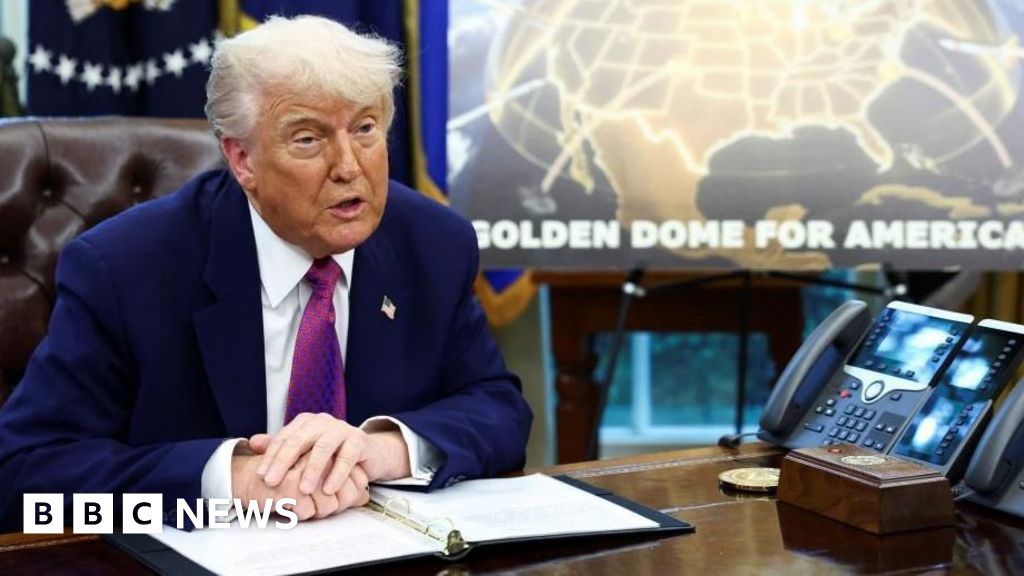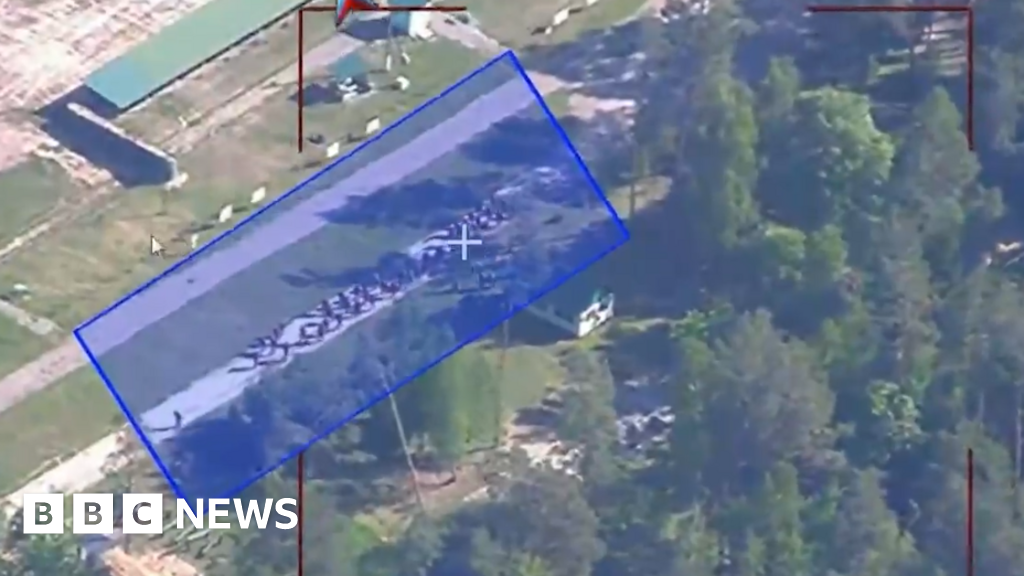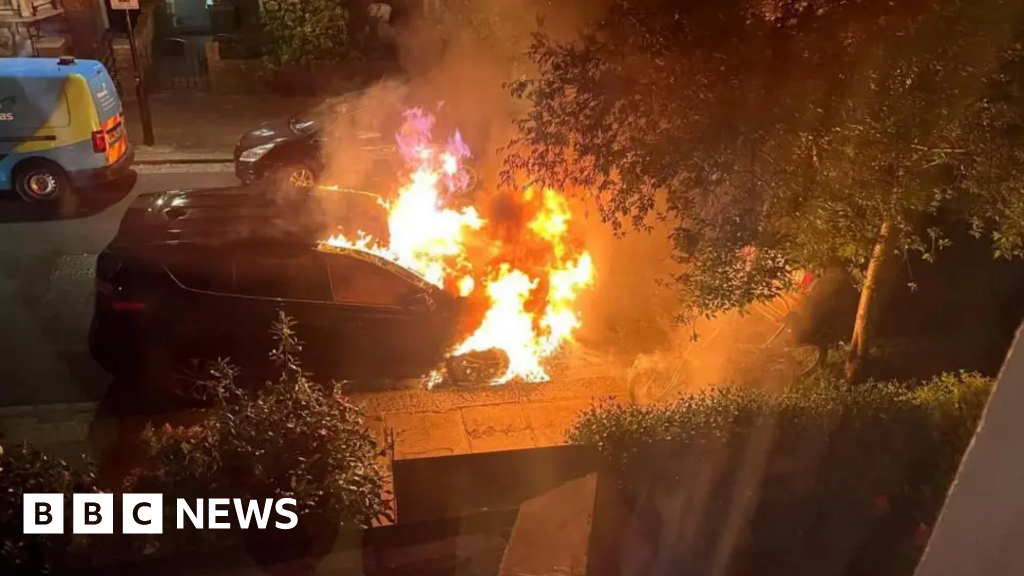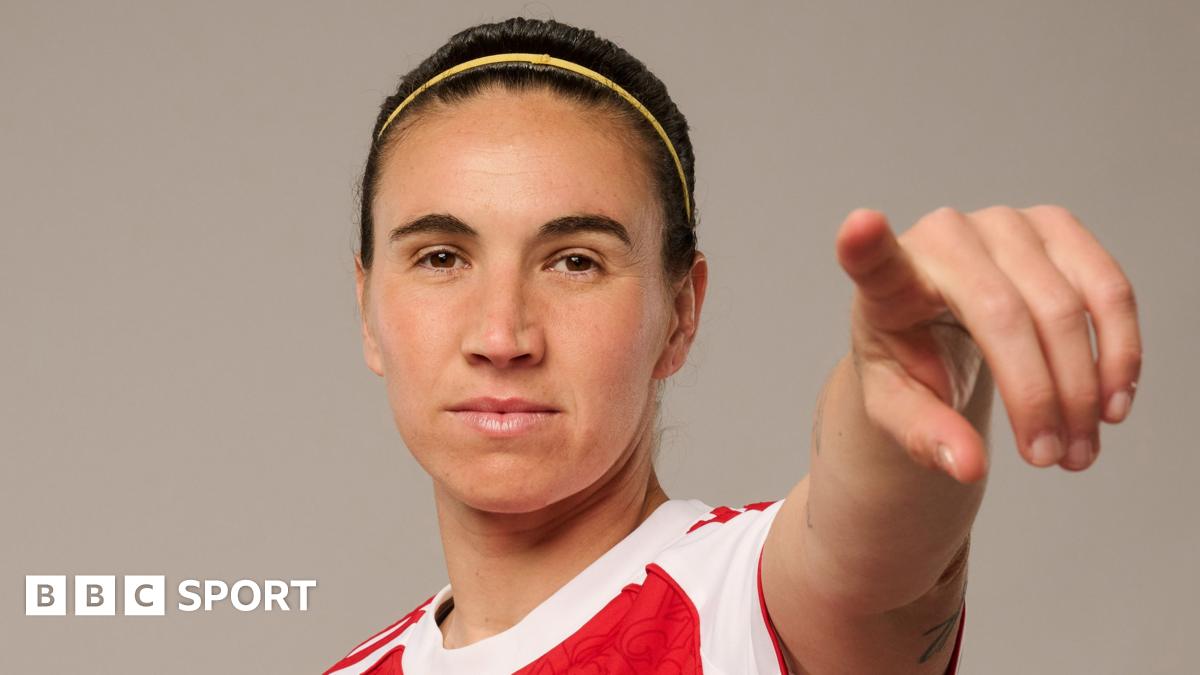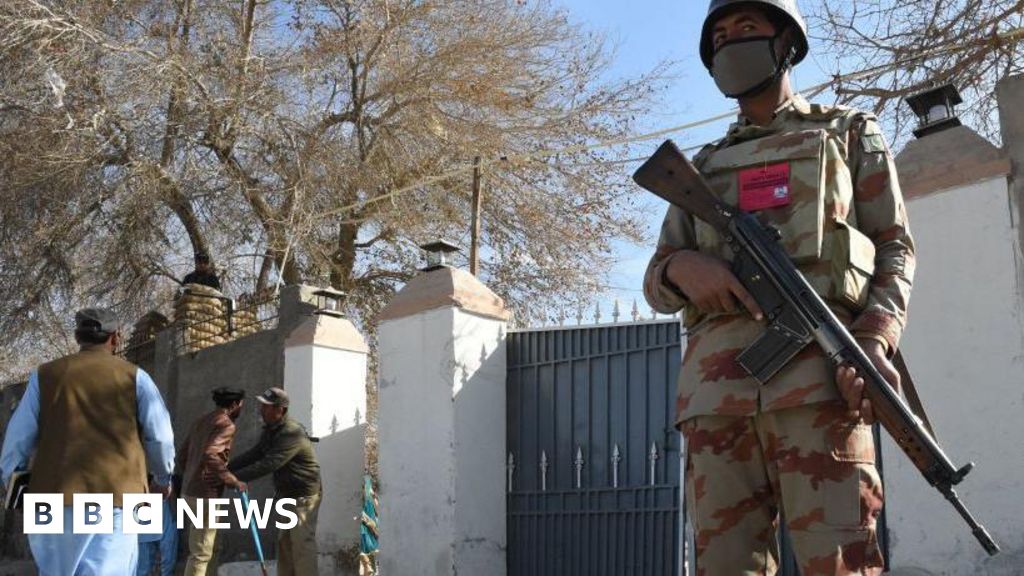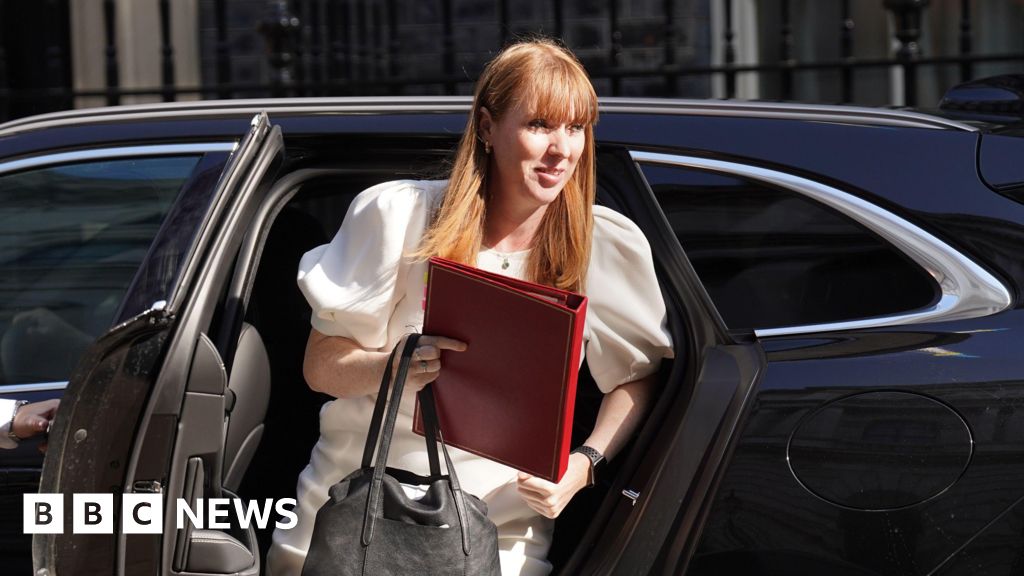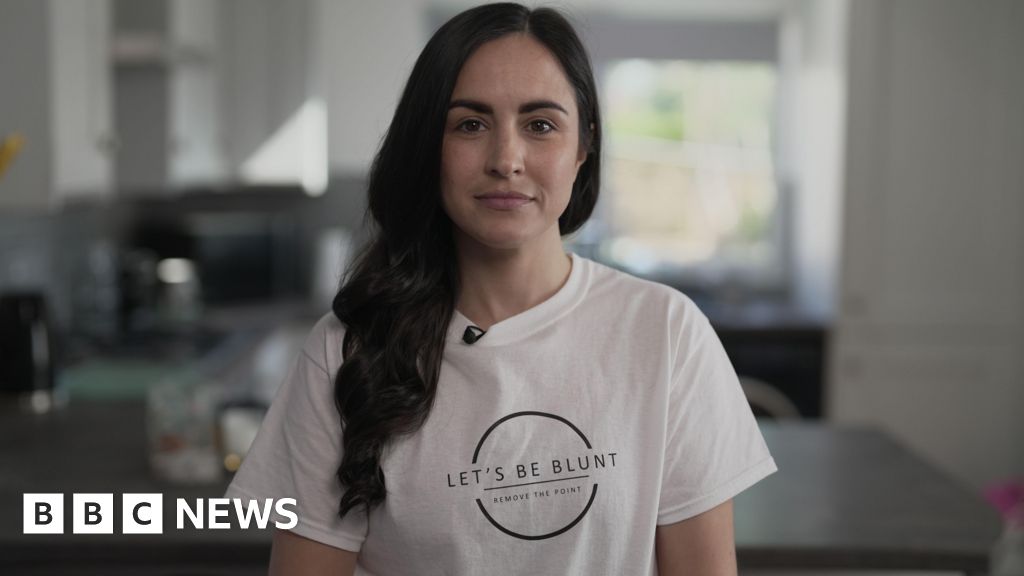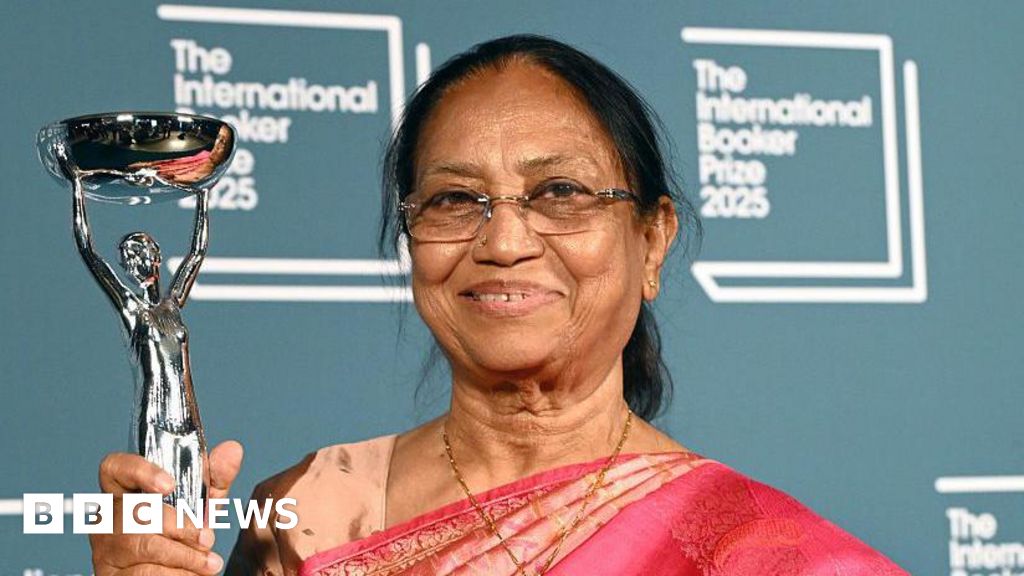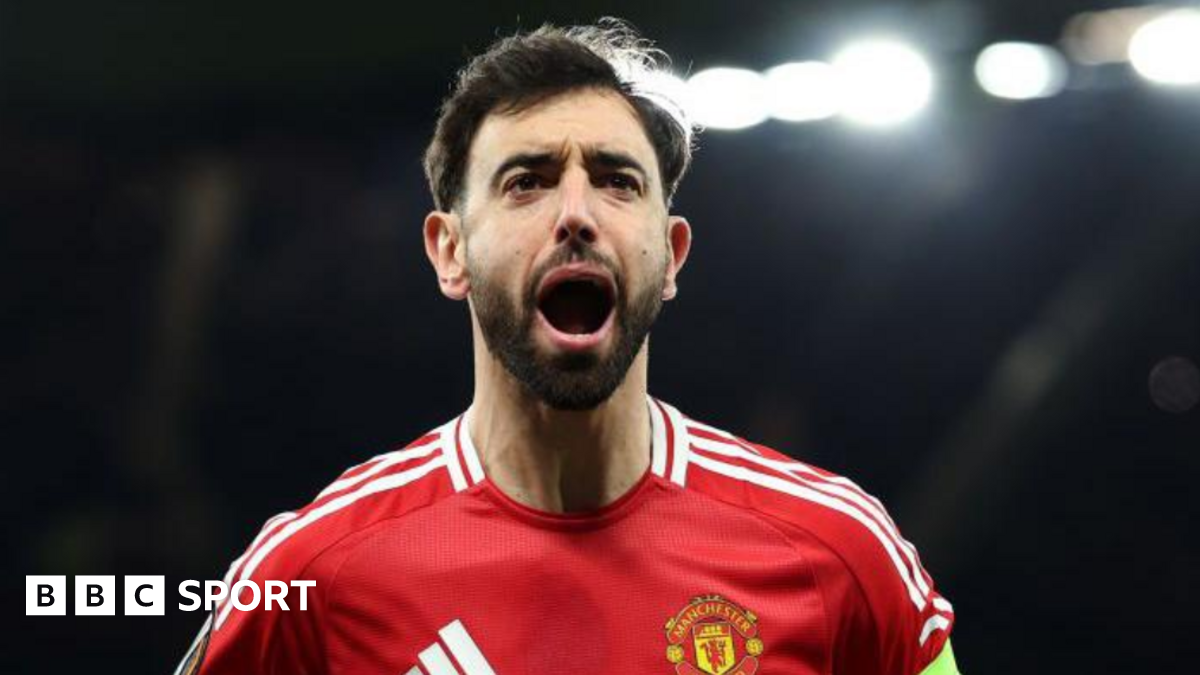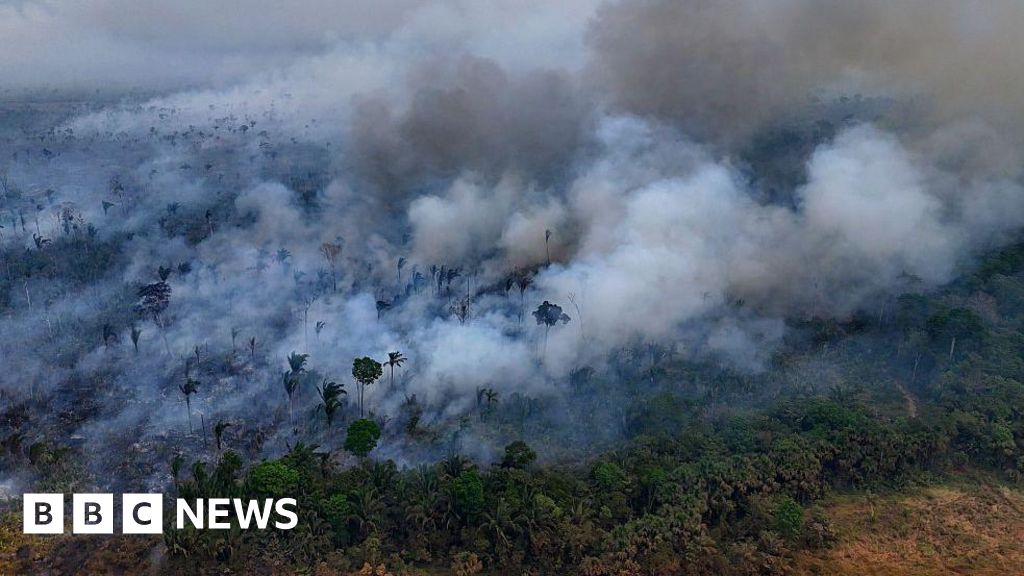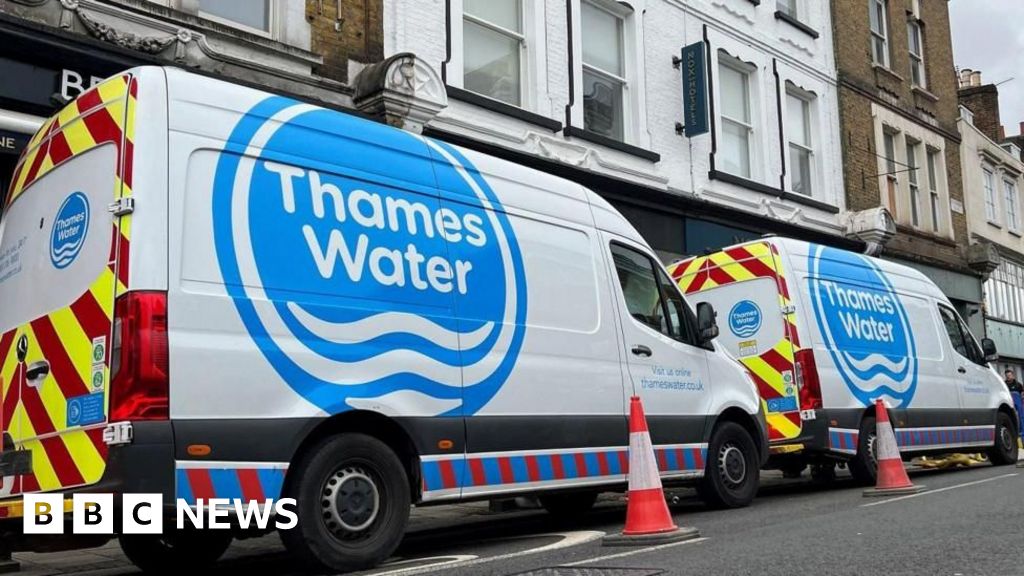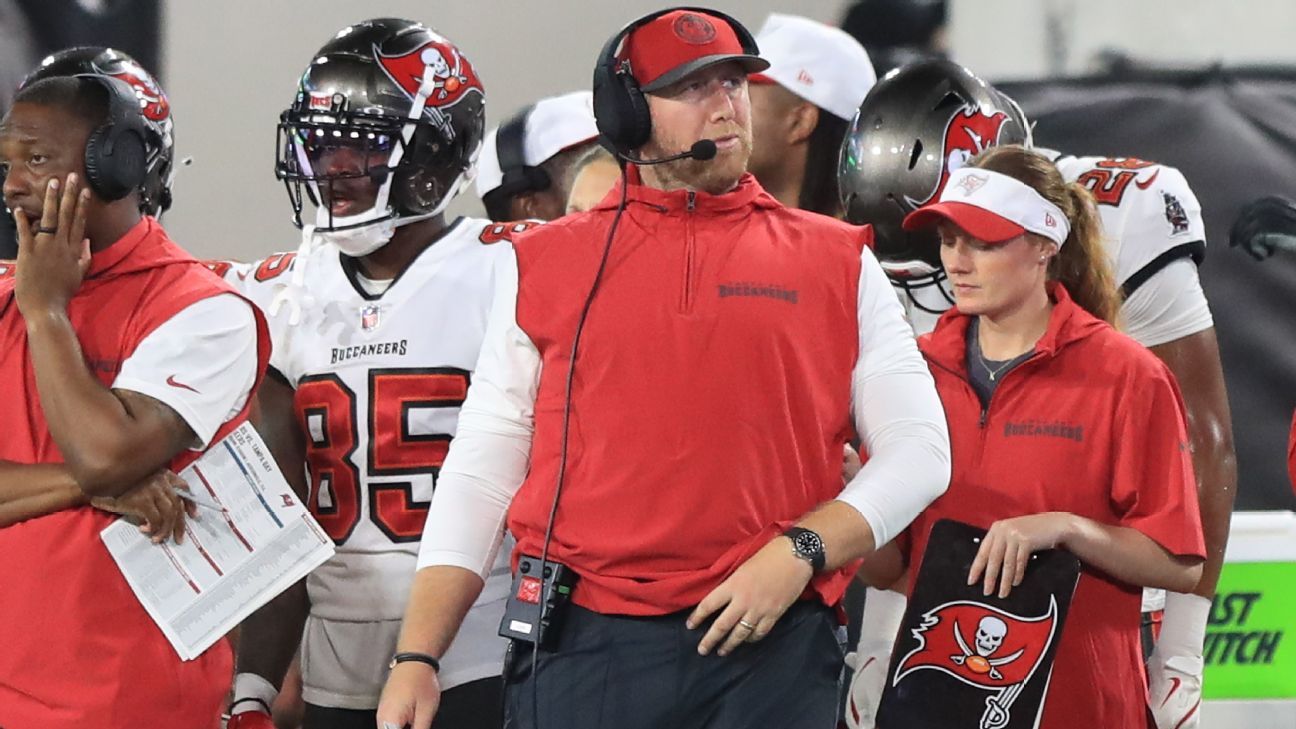Simon Jack
Business editor

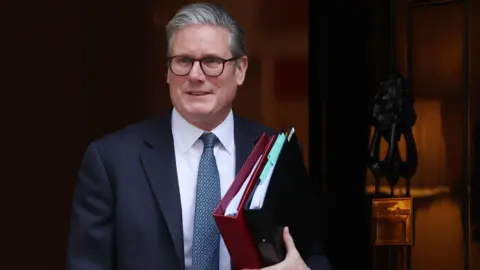 EPA
EPA
Prime Minister Sir Keir Starmer said on Sunday he was prepared to use industrial policy to "shelter British business from the storm" expected from US President Donald Trump's recent wave of tariffs.
A 10% "baseline" tariff on all imports into the US and a 25% tariff on car imports have now come into effect.
But what do the prime minister's words mean in practice?
The BBC understands there are several options on the table.
Cars
In 2024, the UK's largest export of goods to the US were cars and auto parts, with a value of around £9bn.
That industry has been hit by a tariff of 25% which came into force on Thursday.
This comes as the industry is struggling to hit the rising requirements on how many of their sales have to be electric year by year.
Sir Keir is expected to announce a relaxation of those targets at a speech in the West Midlands on Monday. It's expected that while a general 2030 ban on the sale of cars powered by petrol and diesel will not be moved, some flexibility will be granted on annual requirements until that date. There may also be extra time for makers of commercial petrol and diesel vans to comply.
The BBC understands there may also be extra flexibility for smaller volume luxury car makers like Aston Martin and Rolls-Royce.

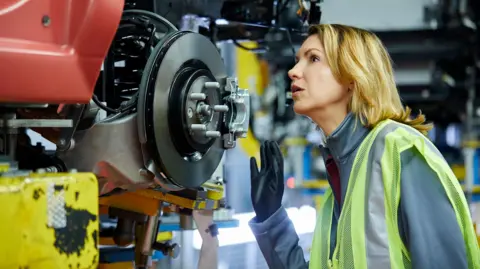 Getty Images
Getty Images
Anti-dumping safeguards
One fear is that goods that were destined for the US will now be diverted to other markets, including the UK, due to the fact that the US tariffs on some countries mostly exceed the 10% placed on UK goods.
In the past the UK and the European Union (EU) have introduced so-called safeguards that allow a certain amount of foreign steel into their market - and if exceeded, tariffs were applied. These safeguards have been eased over time and are expected to be re-imposed or toughened further.
The steel example is seen in government as a blueprint that could be copied by other industries to avoid a huge influx of goods which might drive down prices for consumers but undercut domestic UK suppliers at a critical time.
The Department for Business and Trade is in active discussions with the relevant regulatory body - the Trade Remedies Authority, which monitors unfair threats to UK industry.
New investment
It is expected that a series of announcements on government investment into UK industry and infrastructure planned for later this year will be brought forward in the coming days and weeks.
This would be to reflect the urgency and sensitivity of the situation faced by UK industry.

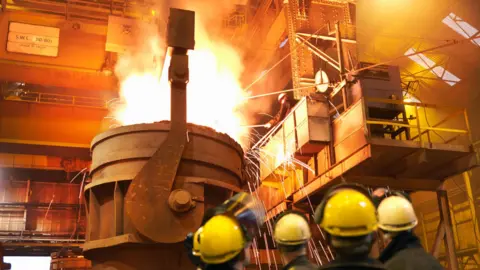 Getty Images
Getty Images
Closer ties with other nations
While the UK tries to secure a better deal with the US, government officials will press ahead with deals to secure better mutual access to countries even harder hit by the new tariffs, who may be more incentivised to strike a deal.
The BBC understands that India - which was hit by a 26% tariff - is a particular target.
Trade deals are fiendishly complicated, require complex trade offs, and generally take years to finalise.
The sense of urgency after what the government has called an "economic shock" means those time frames have suddenly been shortened.

 1 month ago
51
1 month ago
51
